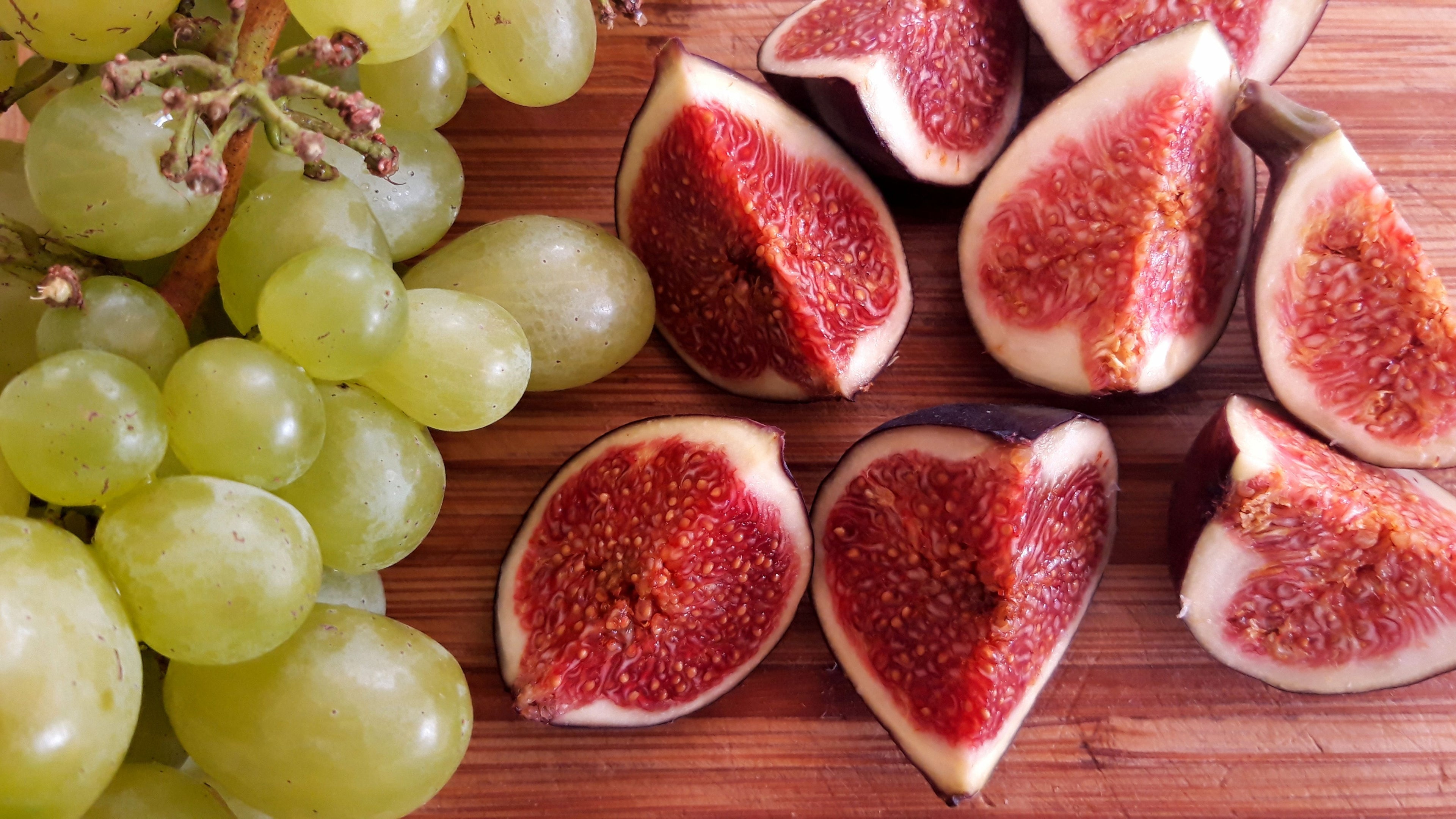Are you tired of feeling guilty after indulging in unhealthy snacks? Do you want to make better choices for your body and mind but don't know where to start? Look no further than healthy snacking. Healthy snacking not only fuels your body with the nutrients it needs but also helps keep your mind sharp and focused. In this article, we'll dive into the world of healthy snacking and provide you with tips on how to make better choices for your body and mind.
Why is Healthy Snacking Important?
Before we dive into healthy snacking tips, it's important to understand why healthy snacking is important. Healthy snacking provides your body with the necessary nutrients it needs to function properly. Snacking on unhealthy foods, on the other hand, can lead to weight gain, low energy levels, and other health problems.
Additionally, healthy snacking can improve your mental well-being. When you snack on healthy foods, you're providing your brain with the necessary nutrients it needs to stay sharp and focused. Unhealthy snacks, such as those high in sugar and unhealthy fats, can leave you feeling sluggish and unfocused.
Tips for Healthy Snacking
Now that we've established why healthy snacking is important, let's dive into some tips on how to make better choices for your body and mind.
1. Plan Ahead
One of the biggest challenges when it comes to healthy snacking is convenience. It's easy to grab a bag of chips or a candy bar when you're on the go, but those choices aren't always the healthiest. That's why it's important to plan ahead.
Before leaving the house, pack some healthy snacks such as fruit, nuts, or veggies with hummus. This way, when hunger strikes, you'll have a healthy option readily available.
2. Read Labels
When shopping for snacks, it's important to read labels. Many packaged snacks are marketed as healthy, but they may contain hidden sugars and unhealthy fats. Look for snacks that are low in added sugars and have healthy fats, such as those found in nuts and seeds.
3. Eat Mindfully
Mindful eating means being present and aware of what you're eating. When snacking, take the time to enjoy the flavors and textures of the food. This will help you feel satisfied and prevent overeating.
4. Choose Nutrient-Dense Foods
Nutrient-dense foods are those that provide a high amount of nutrients for the number of calories they contain. Examples of nutrient-dense snacks include fruits, veggies, nuts, and seeds. These snacks provide your body with the necessary nutrients it needs without adding extra calories.
5. Limit Processed Foods
Processed foods are often high in unhealthy fats, added sugars, and sodium. These snacks provide little nutritional value and can lead to weight gain and other health problems. When snacking, try to limit processed foods and opt for whole, unprocessed foods instead.
6. Stay Hydrated
Many people mistake thirst for hunger. That's why it's important to stay hydrated throughout the day. When snacking, reach for water or herbal tea instead of sugary drinks. Not only will this keep you hydrated, but it will also help prevent overeating.
FAQs
Q: What are some examples of healthy snacks?
A: Some examples of healthy snacks include fruit, veggies with hummus, nuts, seeds, and whole-grain crackers.
Q: Can snacking be a part of a healthy diet?
A: Yes, snacking can be a part of a healthy diet as long as you choose healthy options and limit portion sizes.
Q: Is it okay to snack before bed?
A: It's best to avoid snacking before bed, as it can disrupt your sleep. If you must snack, choose a small, nutrient-dense option such as a piece of fruit or a handful of nuts.
Q: How often should I snack?
A: This depends on your individual needs and lifestyle. Some people may prefer to snack more frequently throughout the day, while others may prefer larger meals with fewer snacks. Listen to your body and choose snacks when you're hungry.
Q: Are there any snacks I should avoid?
A: It's best to avoid snacks high in added sugars, unhealthy fats, and sodium. Examples include candy, chips, and processed snacks.
Q: How can I make healthy snacking more enjoyable?
A: Experiment with different flavors and textures to make healthy snacking more enjoyable. Try new fruits and veggies, mix up your snacks with different dips and spreads, or try roasting nuts with different spices.
Conclusion
In conclusion, healthy snacking is an important part of a healthy lifestyle. By choosing nutrient-dense snacks, planning ahead, and eating mindfully, you can fuel your body and mind with the necessary nutrients it needs to function at its best. Avoid processed foods and sugary drinks, read labels, and experiment with different flavors and textures to make healthy snacking more enjoyable. With these tips, you can make better choices for your body and mind.
Remember, healthy snacking is just one part of a healthy lifestyle. Be sure to also incorporate regular exercise, adequate sleep, and stress management techniques to support your overall health and well-being.

0 comments